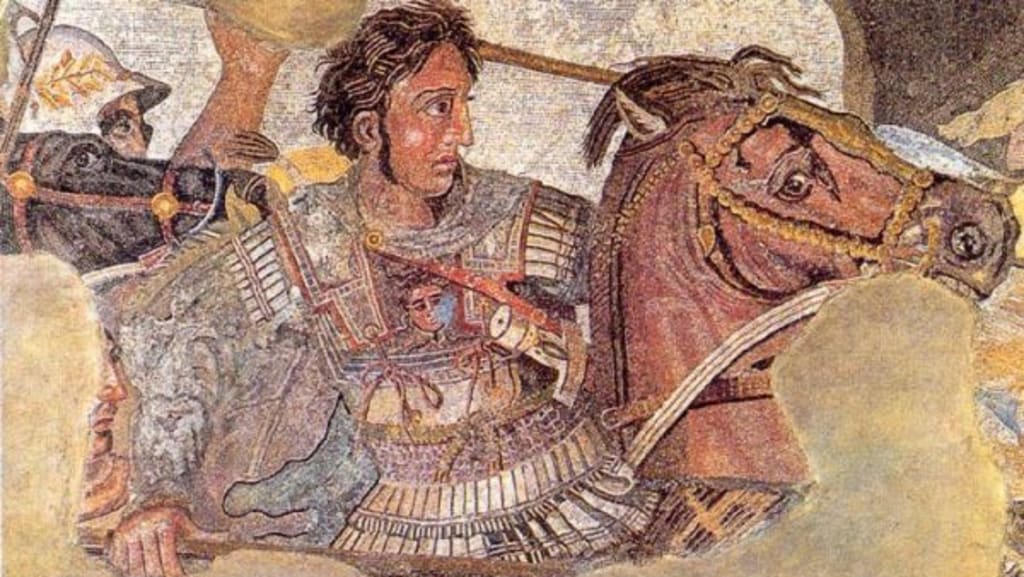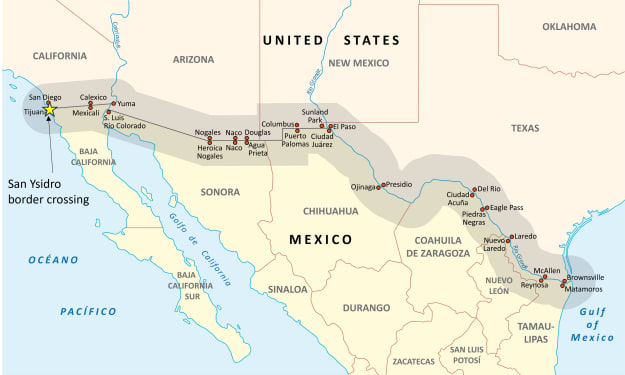
Alexander the Great was one of the most legendary figures in ancient history, known for his military prowess and his sweeping conquests. Born in 356 BC in Pella, the capital of Macedon, he was the son of King Philip II and Queen Olympia. From an early age, Alexander was educated in a variety of subjects, including mathematics, philosophy, and the arts, under the tutelage of the famous philosopher Aristotle. However, it was his father's military training that would shape Alexander's destiny.
When Alexander was only 20 years old, his father was assassinated, and he was suddenly thrust into the role of king of Macedon. The young ruler was determined to live up to his father's legacy and embarked on a military campaign that would take him across the known world. His first target was the Persian Empire, which had previously invaded Greece and threatened the safety of the Greek city-states. Alexander raised an army of 35,000 men and set out to conquer the Persians.
Alexander's conquests were legendary, and his armies marched across vast distances, from Greece to Egypt and all the way to India. He was known for his brilliant military strategy, which included a mix of cavalry, infantry, and siege weapons. He won many battles, including the Battle of Issus and the Battle of Gaugamela, and captured cities such as Babylon and Susa. His most famous conquest was the city of Tyre, which he conquered after a seven-month siege. Alexander's campaigns brought him to the brink of exhaustion, but he continued to press on, driven by his unquenchable thirst for conquest.
But Alexander was more than just a military leader. He was also a visionary who saw the potential for cultural exchange between the Greeks and the peoples they conquered. He founded several cities, including Alexandria in Egypt, which became a cultural and intellectual center of the ancient world. He encouraged the blending of Greek and local cultures, and his conquests left a lasting impact on language, art, and architecture.
As Alexander's empire grew, so did his ambitions. He became more and more convinced that he was a god and demanded that his subjects worship him as such. This caused tension among his advisors and generals, who were worried about his mental state and the stability of the empire.
In 323 BC, Alexander died suddenly, at the age of 32. The cause of his death is still a matter of debate, with some historians suggesting that he died of malaria, while others speculate that he was poisoned. Whatever the cause, his death left a power vacuum that his generals fought to fill. The empire he had built soon began to fragment, with different regions falling under the control of different factions.
Despite his relatively short life, Alexander the Great's legacy continued to shape the ancient world for centuries. He was revered as a military genius, a cultural innovator, and even a divine figure. His conquests expanded the Greek Empire to its greatest extent, and his vision of cultural exchange influenced the worldviews of later empires, such as the Roman Empire.
But Alexander's life was not without controversy. He was known for his temper and his violent outbursts, which sometimes led to the execution of his own soldiers. He also ordered the burning of Persepolis, the capital of the Persian Empire, which was seen as a senseless act of destruction.
Nevertheless, Alexander's achievements cannot be denied. He transformed the ancient world and left a lasting impact on history. His campaigns brought Greek culture to the farthest reaches of the known world, and his vision of a multicultural empire was ahead of its time.
About the Creator
Titan
Just a college student who needed some motivation so I started writing. Hope the wisdom helps. I won't be creating stories for only one genre so stick around, you'll find a variety of stories.





Comments
There are no comments for this story
Be the first to respond and start the conversation.